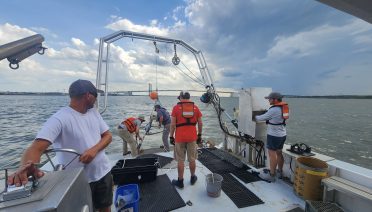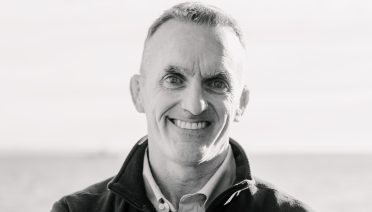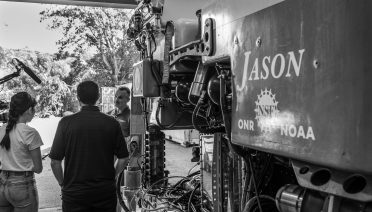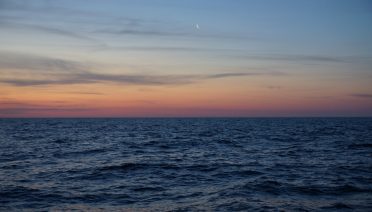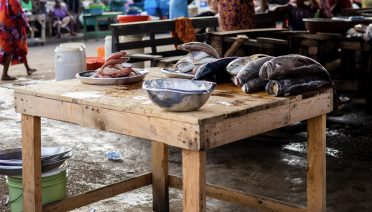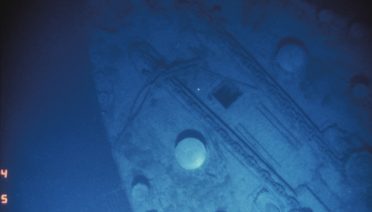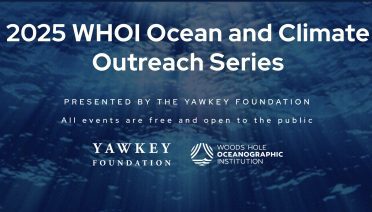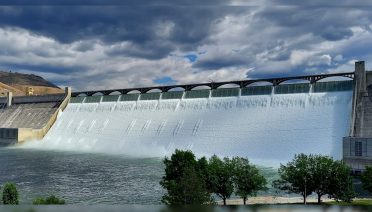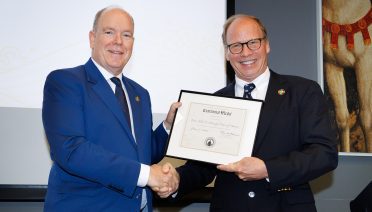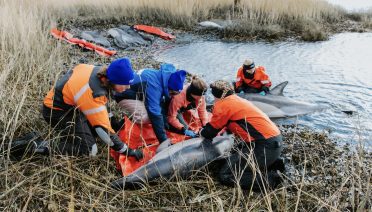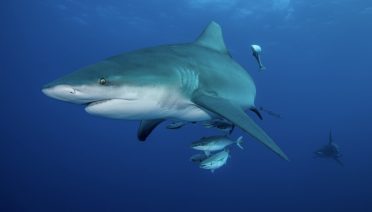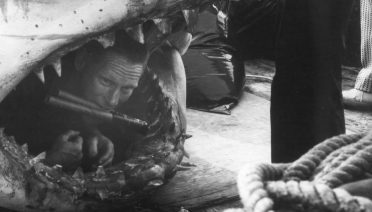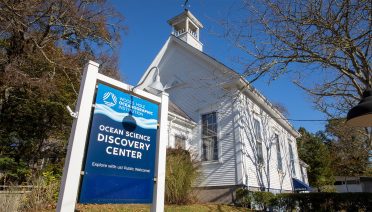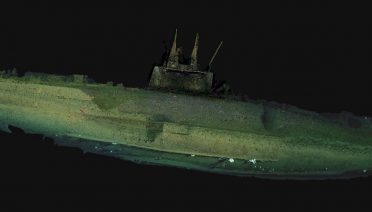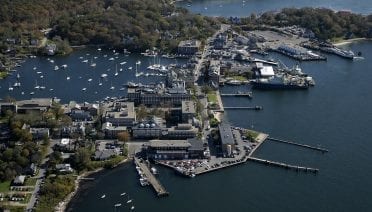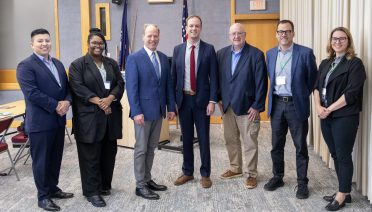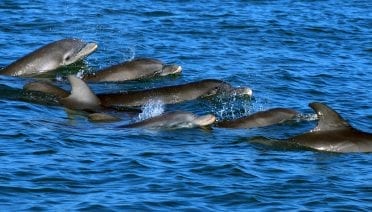Press Room
Researchers make urgent call for convergent interdisciplinary research to combat worsening crisis
Reddy is being honored for his outstanding contributions to analyzing environmental contaminants in the ocean.
Film shares the pivotal role of WHOI-operated underwater vehicles in the discovery of toxic waste dumped off California coast
Commentary explores forecasted pause in regional warming and the science behind it.
Filter-feeding whales sample the Arctic food web, tracking decades of change
Developing countries pay less for the nutrition in seafood imports than developed countries
How cutting-edge technology, novel search techniques, and persistence paid off
WHOI and the Yawkey Foundation bring together scientists and community to look at the impacts of our changing ocean
New WHOI-led study shows the Southwest may be more sensitive to drying than the Pacific Northwest
Award takes place at United Nations Ocean Conference, underscoring the need for global action in the protection of our oceans
Differences in brain structure between echolocating and non-echolocating marine mammals offers insight into auditory processing
WHOI researchers part of collaborative, international effort to increase Marine Protected Areas and other strategies
WHOI’s Richard “Dick” Edwards used his expertise to help facilitate one of the the films most explosive scenes.
New, interactive exhibits and fun learning experiences await visitors to Woods Hole, Mass.
Annual award honors video and television excellence across all screens
The interdisciplinary mission included team members from the U.S Navy, Naval History and Heritage Command, National Science Foundation.
At Woods Hole Oceanographic Institution’s (WHOI’s) Spring Joint Meeting of the Board and Corporation, Institution leaders elected one returning Trustee and five new Corporation Members.
Woods Hole is stop on state-wide climate innovation road show
Scientists are using salt as a tracer to investigate how much the influx of warm, salty offshore water onto the continental shelf contributes to the observed seasonal “erosion” of the cold pool.
Woods Hole Oceanographic Institution and partners take home prestigious award

